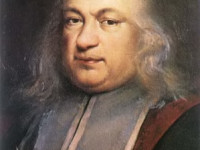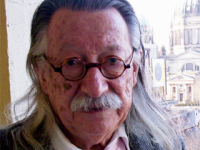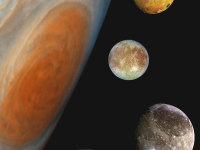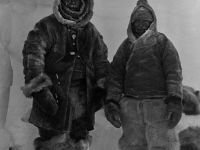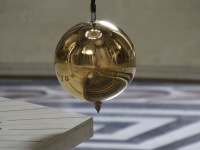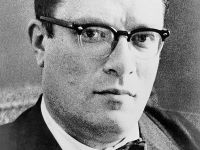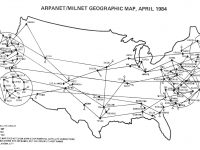Pierre de Fermat and his Last Problem
On January 12, 1665, French lawyer and amateur mathematician Pierre de Fermat, famous for his research in number theory, analytical geometry and probability theory, passed away. He is best known for Fermat’s Last Theorem, which he described in a note at the margin of a copy of Diophantus’ Arithmetica.[4] Pierre de Fermat – Early Years Born on August 17, 1601, into a wealthy French family, Pierre de Fermat grew up in Beaumont…
Read more

